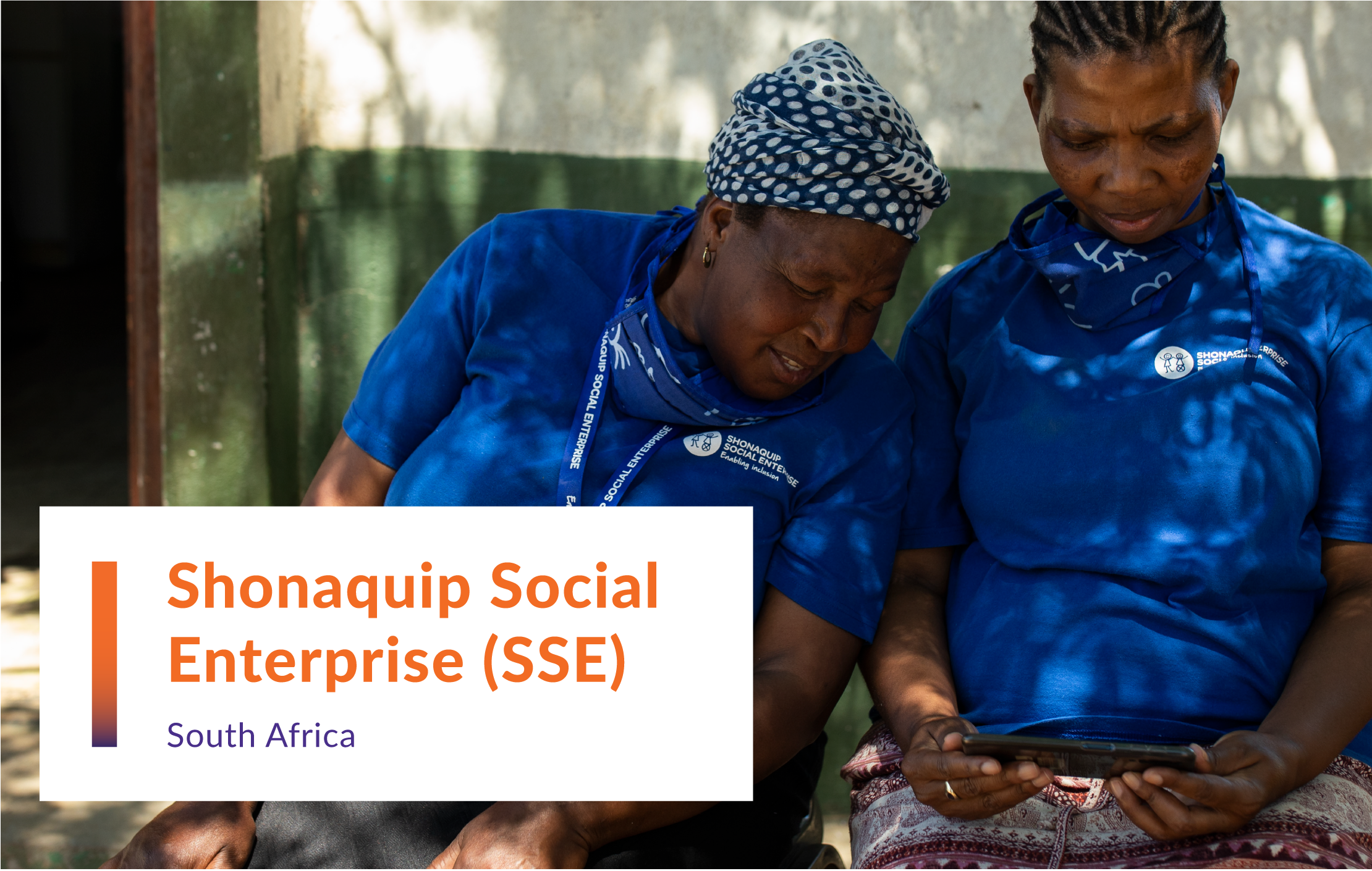Finalist
Access to Justice
Children and Youth
Disability Rights
Share this
Contact information

Equity Monitors: using digital technology to eliminate biases and discrimination against persons with disabilities and their families
The Problem
Persons and children with disabilities (PWDs and CWDs), experience unacceptable levels of exclusion, marginalization and discrimination, further highlighted by COVID-19. The failure of South Africa to enforce existing legislation and develop minimum norms and standards further marginalizes PWDs. The progressive realization of the rights of PWDs in South Africa towards equality, as guaranteed in the South African Constitution, has not yet yielded the intended results. South Africa’s White Paper on the Rights of Persons with Disabilities invites PWDs and their families to take a monitoring role to guide this legislation into law by 2030. However, PWDs and their families remain largely uninformed and unable to engage with this process in a meaningful way.
The Approach
The Parent Network launched with five parents in 2020 and has grown to over 600 parents nationally. The Network gathered data and released two studies on understanding hidden disability-related costs families face. These studies contribute to understanding the impact that CWDs’ exclusion has on their primary caregivers’ own opportunities. The network’s model was designed to reach those without access to technology through a community care model: parents with access reach out to neighboring parents who lack access. The network operates through the following key mechanisms:
- Development of the LTP monitoring tool
- Referral mechanisms into the Government system (social work, child protection, etc.)
- Bi-weekly training on disability-related issues (advocacy, legal and policy frameworks, etc.)
- Monthly information sessions with professionals (doctors, psychologists, etc.)
The Impact
- Engaged 600 families of CWDs directly, reaching 2,070 family members in one year.
- Produced COVID-19 care videos reaching approximately 3,000 South Africans.
- Engaged advocacy organizations such as Section 27, the Black Sash, and the Commission for Gender equality.
- Monitoring results are shared with the Parliamentary monitoring group on the rights of PWDs. The LTP tool evolved from free Google forms to become an app, now available on Android, Huawei, and iStore platforms.This increased availability has resulted in more parents feeling confident to use the tool.
- The Network structure includes connection to advocacy organizations, referral channels into government departments, and connection to support partners.
The Future
The Network plan includes growth into each district of South Africa and the expansion of research studies nationally, giving families, PWDs, and the government access to this information for the first time. With ShonaquipSE’s work in Botswana, Namibia, Eswatini, Zimbabwe, Uganda, Kenya, and products exported as far as Georgia and Iran, many growth opportunities exist.